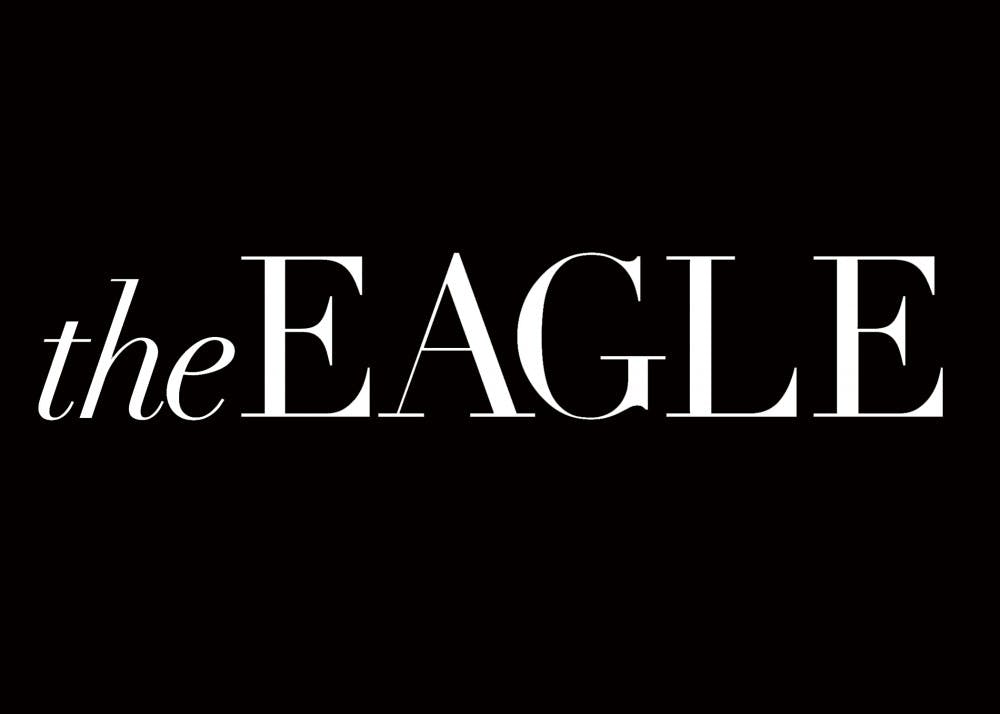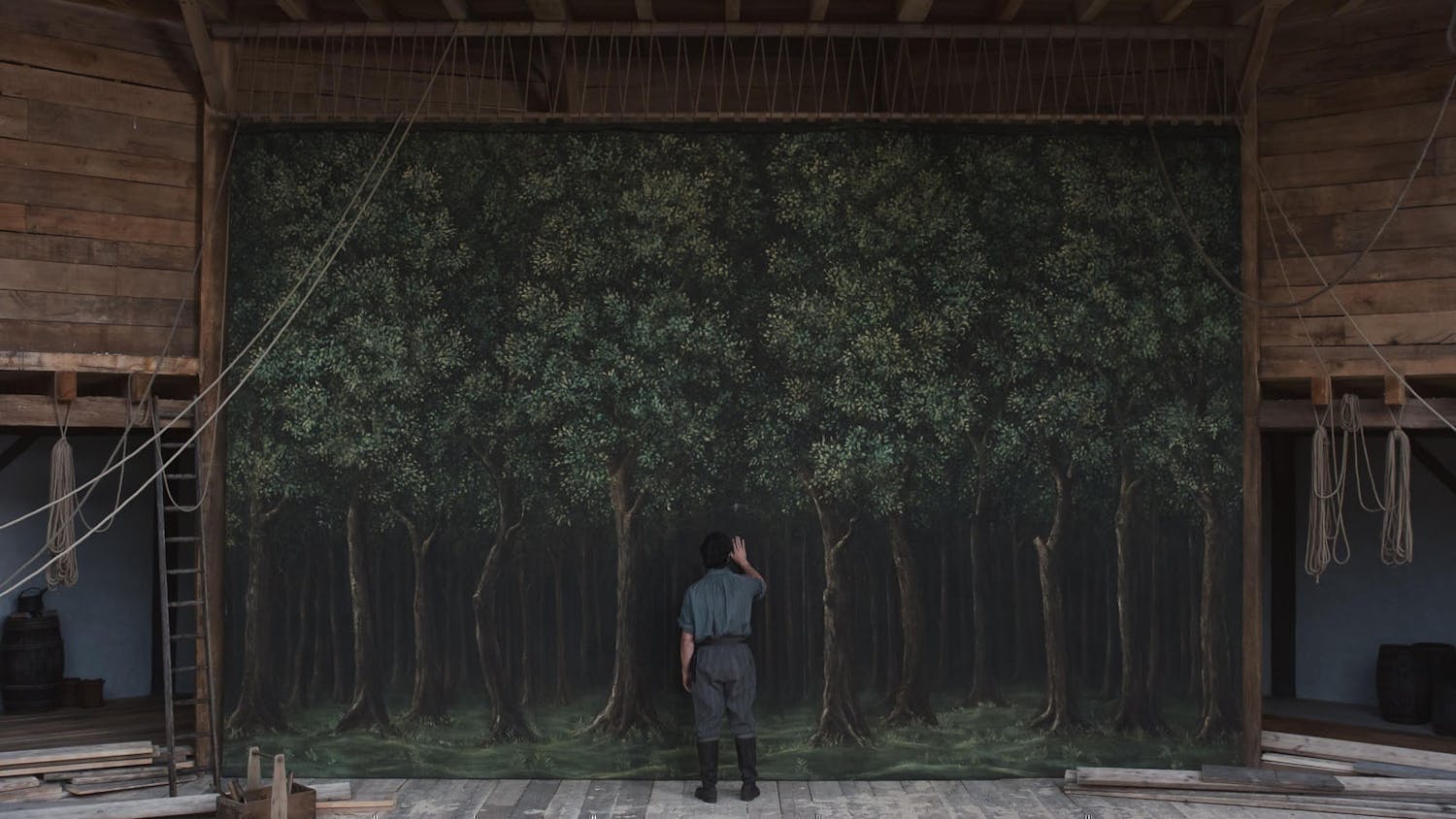The current climate in the United States is not new. There are many names we know that have died by police hands, and so many more that we do not. For the Black community at AU, each of these instances has represented a fresh pain in an old wound. As outrage spreads across the country from Minneapolis to New York City to Los Angeles to Nashville to Atlanta in the form of mass protests, everyone is forcibly reminded of how our relationships with the police, with each other, and with systematic racism manifests itself. As The Eagle Editorial Board, we believe one of the most obvious places that this systematic, overt and covert, racism manifests itself is within the walls of our own university.
Universities and colleges have responsibilities to their students. This responsibility should not only extend to the simple task of educating their students, but to their protection, and a responsibility to advocate for them. In crisis, it is natural to want to pause and reflect on the role institutions have in each of our lives and how they may be helping or hindering social progress. If the University wants us to listen to Campus Life hashtags to feel at home at AU, then ensuring that black students are safe must be the top priority. During a mass movement, bolstered by the unjust deaths of Ahmaud Arbery, Breonna Taylor and George Floyd, universities still carry this responsibility — whether or not their students are on campus. As journalists and students at this University, we share in the frustration of our fellow students that a school that claims so much has done so little.
On May 31, President Sylvia Burwell released a statement regarding, according to the subject line, "racism and the pain in our communities." This statement simply does not go far enough, and it was late in being sent to our community. As a primarily white university, it is disappointing to see continued administrative failures to the Black community at AU. These are not just students being affected, but faculty and staff who must watch as their administrators have little plan for what to do. While this email may have felt more genuine in tone than previous comments, we are left asking: How? AU has been particularly mediocre in handling racism on campus and the essentially formulaic messages sent in response to various incidents have always left students disappointed. It is upsetting to see, once again, that the University has no concrete steps to actually do something about police brutality and racism, especially when there are several to take.
Despite the request made by the NAACP chapter at AU to end ties with the Metropolitan Police Department, there was no acknowledgement of this in President Burwell’s email. There were no links to bail funds, no safety recommendations and no moment when President Burwell said what AU will be doing in the near future. This message emphasized the lack of action items by the administration, the focus only on words and sentiments.
This focus on words and sentiments has also been a common expression across social media platforms. Fellow students have posted messages of solidarity, links and attempts to amplify Black Americans in this crisis moment. These are appreciated moments of solidarity, but the concern that for many of us this will only stay a moment is real. It is hard not to be cynical when it comes to constant social media posts about activism, in between some people’s vacations, reunions with friends or dinner parties.
We are all students who grew up with social media, and we have seen for years now the power that social media has to galvanize movements and inspire support. Many of us are also old enough to remember the death of Trayvon Martin in 2012 and the anger and sadness that followed. We have seen many examples of police brutality killing Black men and women, often in high resolution video. If we as a student body are truly politically active and engaged, then it is past time for this student body to stand up against racism.
The visceral, repetitive watching of the death of Black Americans should be nothing new to anyone, especially in an age of social media. The desensitization that these viewings engender is dangerous, as is a reliance on performative social activism. If AU is going to advertise its position in Washington, D.C., then its community and administration has a responsibility to protect and uphold the actual citizens of D.C. The long-term silence expressed toward police brutality and racism in D.C. is egregious. For a majority of us, this city is not our own, and as much as we may love the city we call home for four years, we are not its native population and often play a role in damaging the livelihoods of native Washigntonians. It is our responsibility to advocate for issues that impact the well-being of locals.
We must ask, as students, of ourselves and our administrators, what AU is doing to amplify and protect its Black students now and in the future. As an educational institution and future leaders, we have both the privilege and responsibility to lead in demonstrating values. We must ask, how much do we truly value these lives and their righteous anger, and what will we do to truly demonstrate this? The decision to come to AU, especially in the wake of hate crimes, was a decision no one made lightly, and it is simply not enough to make statements. There are tangible ways for white and non-Black people of color to be allies, to fight as anti-racists against the systems that are literally killing Black people in America.
As a mostly white staff at a decidedly white institution, a university in many ways defined to its students by its failures to grapple with issues of race, a school that could be used (among others in D.C.) as the definition of a PWI — we are not the central mouthpiece for this movement. But now is the time to fully stand up against police brutality, racism and as a media organization, the often unfairly portrayed violence in regards to protests or riots. Just as importantly, however, we want to advocate for the policies that will most benefit Black students and potentially change these systems to be unrecognizable. This is the issue, that these structures are not only designed to be static, but they are designed to hurt and hinder the progress of Black Americans and privilege white ones, so how can we advocate for only reform when some of these structures need to be replaced entirely? As a board, we want to ask, in agreement with the AU chapter of the NAACP, that the University end or lessen ties to MPD. We also wish to express our belief that the University should consider donating money to a local D.C. fund that fights against police brutality in our area.
As Angela Davis and AU faculty member Ibram X. Kendi have said, there is no such stance as being not racist. One is either complicit in American systems that perpetuate racial inequality, and is therefore a racist, or one actively calls for and educates toward an anti-racist society. Black voices need to be centered in these conversations. At The Eagle, we hope to continue our own challenging of implicit biases and reflexes in our reporting as a news organization. There have been issues in the past, and we encourage and appreciate when members of our campus community bring our biases and prejudices to our attention. These are difficult conversations that we are imperfect at having, but they are necessary in order to make our own contributions to an anti-racist society. As The Eagle Editorial Board, we call on every member of the AU community to commit to forcing these conversations with themselves and others, in order to build an anti-racist future.
To donate to local bail funds: https://www.communityjusticeexchange.org/nbfn-directory
George Floyd Memorial Fund: https://www.gofundme.com/f/georgefloyd/donate
Justice For George Floyd Petition: https://www.change.org/p/mayor-jacob-frey-justice-for-george-floyd
Minnesota Freedom Fund: https://minnesotafreedomfund.org/
Black Visions Collective: https://www.blackvisionsmn.org/
Reclaim The Block: https://www.reclaimtheblock.org/home
North Star Health Collective: https://www.northstarhealthcollective.org/
Campaign Zero: https://www.joincampaignzero.org/
Know your rights before you protest: https://www.amnestyusa.org/protests/
Black Lives Matter: https://blacklivesmatter.com/
Harvard implicit bias race test: https://implicit.harvard.edu/implicit/takeatest.html





